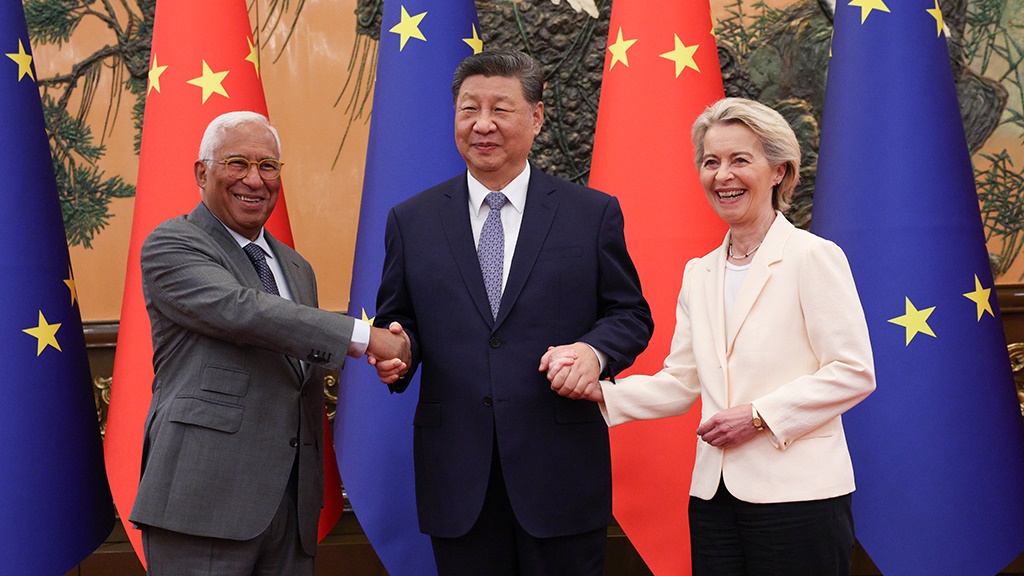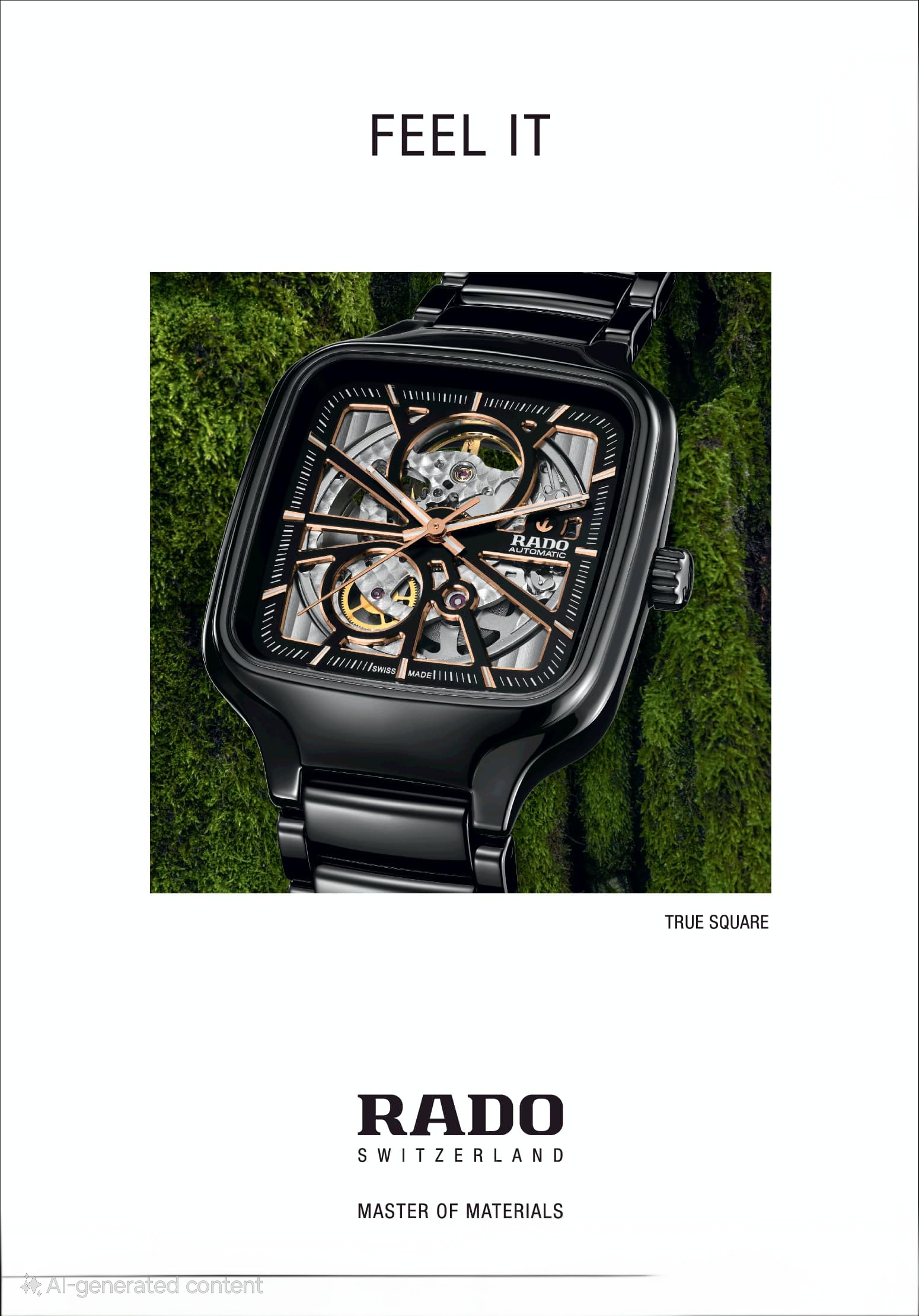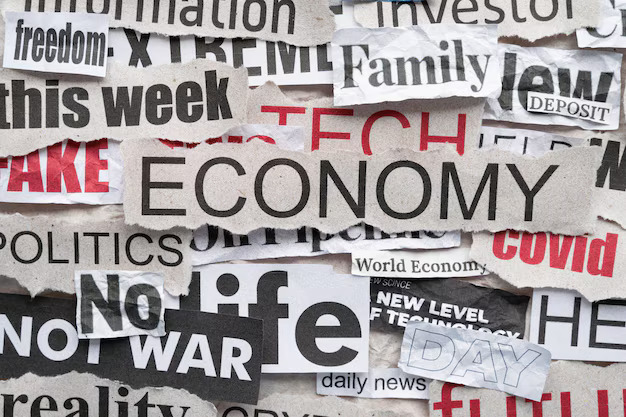
Rebalancing Ties: The EU-China Summit Signals a New Chapter
By Mir Amjad Ali Khan, Senior Journalist | For Hindustan Daily
The 25th EU-China Summit marks a pivotal moment in the ongoing evolution of one of the world’s most consequential bilateral relationships. Held under the weight of a strained global order and an increasingly complex economic and geopolitical environment, the summit produced a noteworthy shift toward recalibration—underscoring shared goals, clear divergences, and strategic mutual interests.
Climate: A Convergence on Common Ground
One of the most significant areas of agreement emerged on climate change. At a time when the global community is grappling with rising temperatures, extreme weather, and ecological instability, both the EU and China reaffirmed their commitment to the Paris Agreement. More importantly, they moved beyond rhetoric by pledging to translate climate targets into concrete action.
The summit’s focus on boosting cooperation in renewable energy and green technology is a vital step forward. With China already leading in solar manufacturing and the EU advancing in innovation, this alliance could set a global precedent. Strengthening climate adaptation and seeking joint solutions also reflects an understanding that environmental sustainability is not optional—it is existential.
Trade: Reciprocity and Fairness Take Center Stage
On trade, the tone was markedly firm. The EU conveyed its insistence on a more balanced and mutually beneficial economic relationship—one that values fairness and reciprocity. This is an unmistakable signal to Beijing that the days of asymmetric economic benefits are under scrutiny. Demands for improved market access for EU firms and an end to unjustified, retaliatory trade defense measures underscore the EU’s determination to level the playing field.
While China has often operated behind a wall of state support and regulatory opacity, Brussels is clearly no longer content with trade diplomacy that lacks tangible equity.
Ukraine: A Call for Global Responsibility
Perhaps the most sensitive and strategically urgent topic was Ukraine. The EU called on China to uphold the UN Charter and to press Russia toward a ceasefire and meaningful peace talks. While Beijing has walked a fine line on the conflict, Europe’s call places a diplomatic burden on China: to not remain a silent spectator in a war that threatens global peace and food security.
This marks a test of China’s ambitions as a responsible global power. A constructive role in resolving the Ukraine crisis could significantly enhance China’s international credibility.
Digital Sector: Sovereignty Meets Security
In the digital domain, the EU highlighted the need for reciprocal market access and expressed concerns over Chinese data security rules. As the world’s economies become increasingly digitized, market fairness in tech and data governance is emerging as the new frontier of international diplomacy.
The EU’s message was clear: digital markets must be governed by rules that are transparent and fair—not tools of surveillance or economic coercion.
A Diplomatic Reset
The 25th EU-China Summit reveals a landscape where dialogue remains essential, but not at the cost of compromise on core values. The EU is asserting its red lines—on trade, digital sovereignty, climate responsibility, and geopolitical stability—while still embracing pragmatic cooperation.
For India and other emerging powers observing these developments, this summit is a reminder that strategic clarity paired with principled engagement is the new template for international diplomacy.
The days of status-quo arrangements are fading. In their place, nations are negotiating not just interests, but identities in a reshaping world order.

.jpg)




💬 Comments
No comments yet. Be the first to comment!